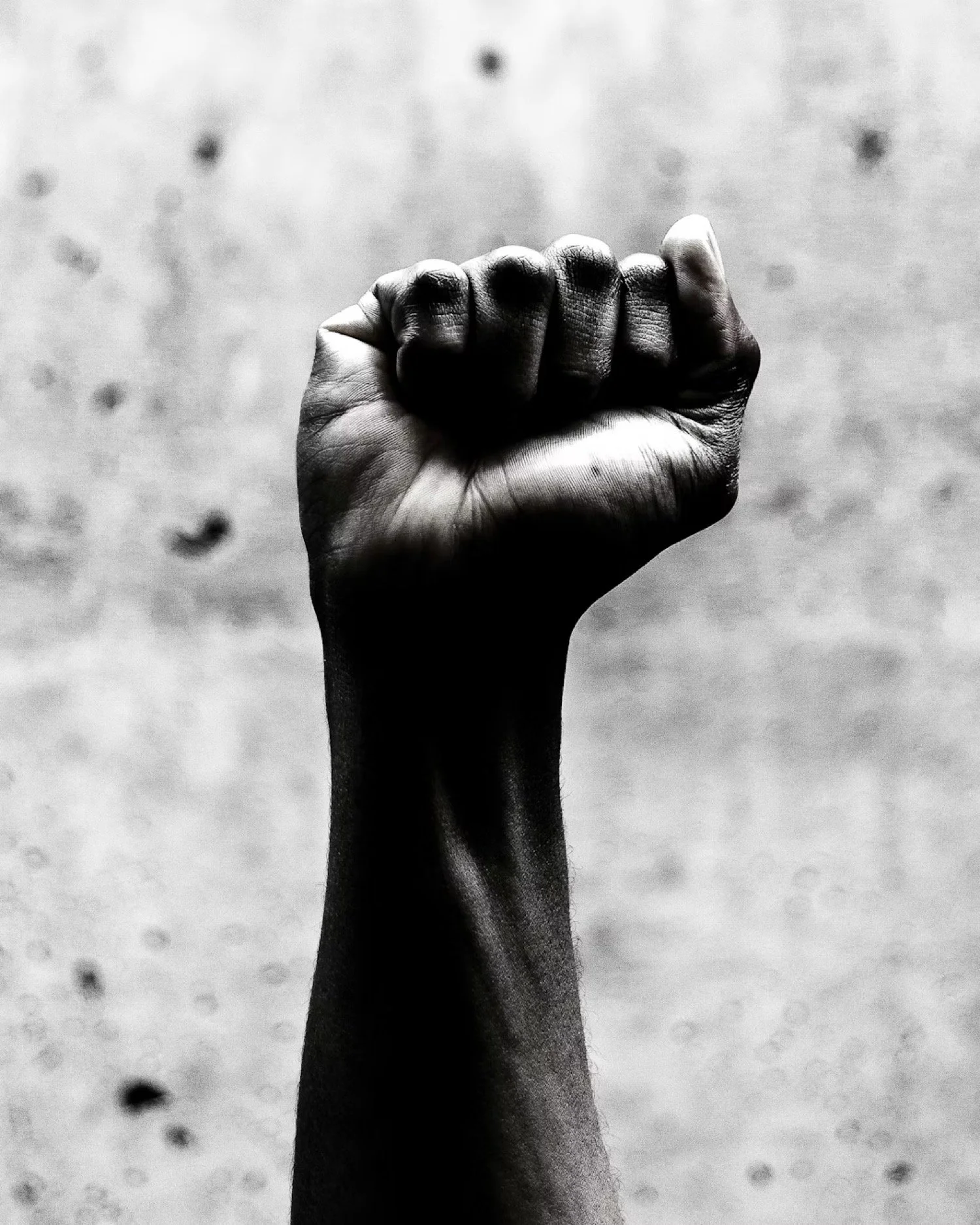Readings for today: Psalms 97-99
Today’s Psalms are songs of praise. They declare the truth that God is king over all the earth. He is the sovereign ruler of the universe. As such, He deserves our praise. He deserves our thanksgiving. He is worthy of all honor and glory. His name is above every name. Because He is good and just and righteous, we can trust Him. We can submit to Him. We can gladly give our hearts to Him.
It’s impossible to overstate the utter uniqueness of the Jewish - and later, Christian - view of God. Human beings have always worshipped gods. The earliest records of Homo Sapiens found deep in caverns across the globe depict humans engaged in worship. We worship animals. We worship the weather. We worship nature. We worship each other. We make up names for these gods. We create elaborate rituals to appease these gods. They are capricious and arbitrary. Often cruel and malicious. They are selfish and greedy for their own gain. In short, we make gods in our own image. Gods that reflect what we know of human behavior. It’s all we can understand.
The great 20th century rabbi, Abraham Heschel, once described the Scriptures not as man’s search for God but God’s search for man. This is what sets Judaism and Christianity apart. We didn’t create God, He created us. We didn’t make God in our image, He made us in His own image. We didn’t seek God or find God or discover God, He revealed Himself to us. He has come to us over and over again throughout history starting all the way back with a guy named Abraham and then culminating in the Person of Jesus Christ. The Word made flesh and blood. Over the course of thousands of years, as God interacted with humanity, He revealed His nature and character. He showed Himself to be good and just and righteous and trustworthy. He is the source of all wisdom and power. He reigns sovereign over all He has made. He sits on His throne as judge and king over all the earth. And this is why we praise Him. This is why we compose new songs to sing to Him. This is why we rejoice in the Lord and all He has done for us. This is why we love Him.
One of the most important things we can do as we seek to cultivate a deep, intimate prayer life is learn to praise God. Praise God for who He is and all He has done. Praise God for the ways He has impacted our lives and blessed us with every spiritual blessing. As we learn to praise God, giving Him the honor and glory due His name, we find our hearts lifted up. Our souls find rest. Our minds are at peace. For we know God is still sitting on His throne. There is never a moment He is not in charge. And because He is a good and righteous and just and loving God, we can trust Him. We can trust Him with our lives. We can trust Him with our families. We can trust Him with our needs, wants, and desires. We can trust Him with our future. This is why we praise the Lord!
Readings for tomorrow: 2 Samuel 24, 1 Chronicles 21-22, Psalm 30




